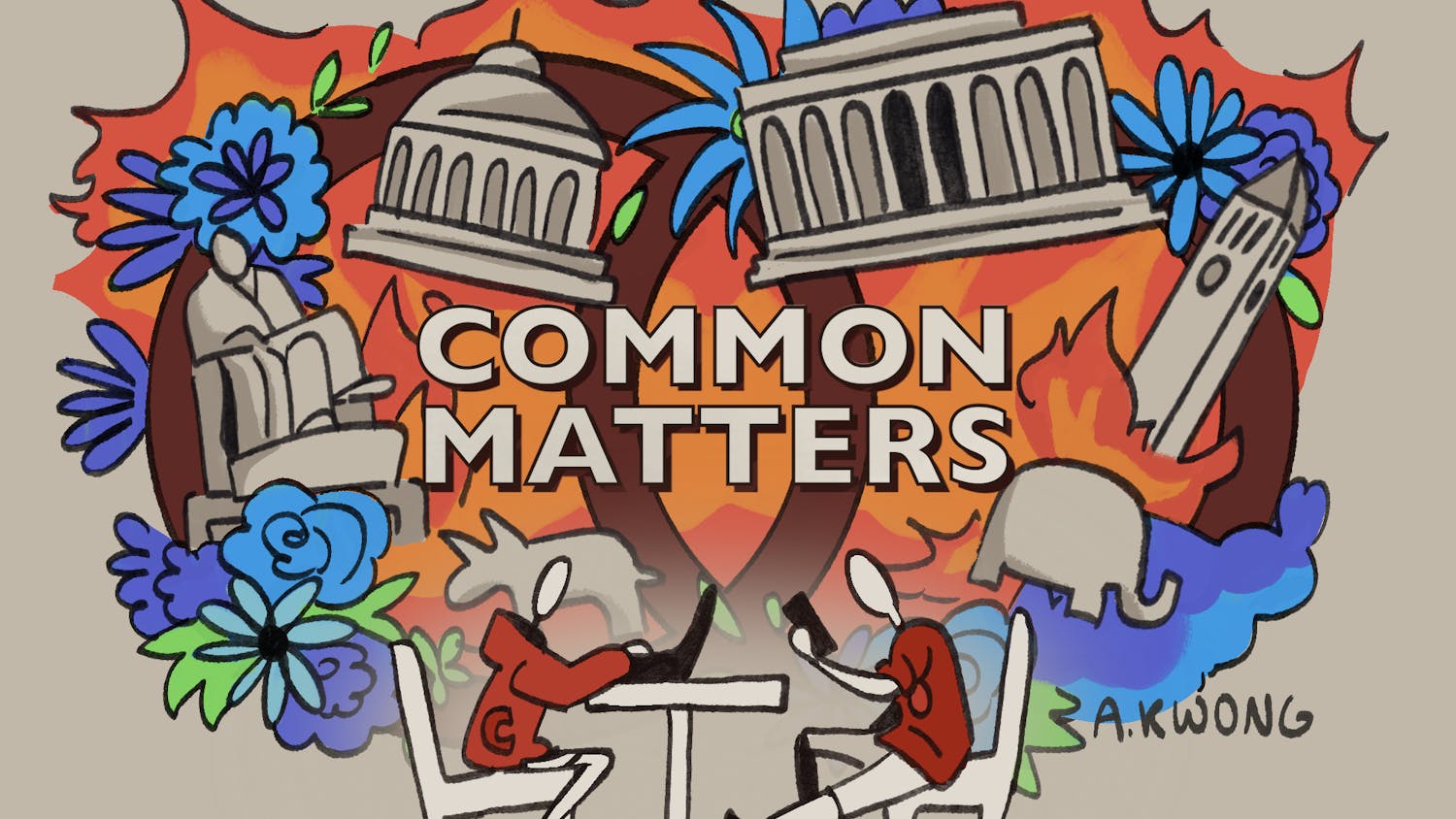On Monday, Nov. 11, an article appeared in the Jewish Telegraphic Agency in which Interim President Michael Kotlikoff was quoted denouncing a course scheduled to be taught by Prof. Eric Cheyfitz, American Studies, Literatures in English, titled “Gaza, Indigeneity and Resistance.” Kotlikoff went further to question the integrity of the College of Agricultural and Life Sciences college curriculum committee for approving a course he objected to on transparently political grounds. And he asserted that he was actively working with colleagues in other departments to develop courses that will offer more “objective” courses on the topic — in other words, that conform to political criteria for how Palestine should be studied and taught (or not) at Cornell.
The story made national and international news, and Cheyfitz and his family began receiving hate mail including obscene calls for violence against his wife, children and grandchildren. Kotlikoff confirmed to Cheyfitz that he wrote the quotes attributed to him, but did not apologize.
Kotlikoff’s remarks are an egregious threat to bedrock principles of academic freedom, as well as Cornell’s commitment to “any person, any study.” They raise the specter of administrative interference in faculty control over curricular decisions and course instruction. They suggest that, despite repeated disavowals, the leadership of the University not only intends to scrutinize the in-class activities of Cornell faculty but is actively doing so where it is deemed politically desirable. Ultimately, his comments and actions threaten to degrade the quality of education students receive at Cornell and the ability of the University to be a leading center of research and knowledge production.
Kotlikoff’s remarks are not justifiable on the basis of his authority as University president. Faculty control over education is an essential component of academic freedom. This principle is manifested institutionally in several ways, from the authority of the University Faculty — delegated to the Faculty Senate — over general educational policy, to the authority of faculty of any particular college or school to determine its own courses of study, including the offering of any new majors or minors, to the faculty-led curricular or educational policy committees in each college or school, which determine the relevant educational policies and ensures new courses are compliant with state credit requirements or accreditation requirements.
Unlike Prof. Cheyfitz, who has been teaching and publishing in this area for decades, President Kotlikoff is not an expert on Palestine/Israel and has no academic basis for objecting to the content of a course that has not yet been taught, in a field of study in which he has never been active and in a discipline and program of which he is not a member. More important, his institutional responsibilities preclude him from weighing in on what courses individual instructors choose to teach or to question how they structure their syllabi, or on the decisions and deliberations of the relevant faculty committees that approve these courses. It is not just distasteful to second-guess and decry his faculty colleagues, whether individuals such as Cheyfitz or the responsible faculty bodies such as the curriculum committee. It is an abuse of his institutional position.
Nor are Kotlikoff’s comments excused by the context in which they were delivered. The quote was taken from an email sent to a Cornell faculty member, who then shared it with the press. But this was not private kvetching. The only reason Kotlikoff was asked his views is because he is president, and he must have reasonably expected to be read not as stating a personal opinion but as communicating University policy.
Most worrisome, Kotlikoff’s email is indicative of broader patterns that have become evident over the last year: the undermining of academic freedom and faculty control over education based on political litmus tests; and a reckless willingness to throw faculty, students and staff under the bus when they become political targets, sharing information or administrative opinions about them with individuals or institutions with no legal right to know.
Kotlikoff’s email comes only a month after Cornell Vice President for University Relations Joel Malina was recorded, in a private meeting with parents, promising that in-class instruction activities for all faculty would be scrutinized. He singled out two faculty members in particular, whether because he had decided that their personal political positions were upsetting to some of the parents or because the administrators themselves had objected to the faculty members’ politics. In response to the ensuing outcry against this clear violation of academic freedom in teaching, Interim Provost John Siliciano has repeatedly assured the governing bodies that there was no truth to Malina’s statements and that they did not reflect Cornell policy. Kotlikoff’s email suggests, to the contrary, that such scrutiny is already occurring, or at least is when a course involves Israel/Palestine and is being taught by instructors who might present perspectives that do not conform to political criteria.
Political attacks on the University are only going to get worse. The question is how the University will respond. Will it continue to recklessly denounce faculty, students and staff to anyone who asks, be they politicians, parents, donors or any other random member of the community? Or will the University commit, through its policies and behaviors, to protecting academic freedom and free expression, to protecting shared governance and to protecting faculty, students and staff when acting on these principles?
Kotlikoff owes Cheyfitz an apology. But he owes the University community something more. He owes us an affirmative, public commitment that going forward University leadership will not respond to inquiries about individual faculty, students or staff with anything beyond a statement of Cornell’s commitment to academic freedom and free inquiry. If those inquiries are backed by legal authority, he owes us a commitment that the University will use its considerable legal and political resources to contest that authority. He owes us a commitment that he will cease participating, intentionally or not, in the politically motivated attacks against the University and academic freedom.
The Executive Committee of the Cornell University Chapter of the American Association of University Professors, on behalf of the Cornell AAUP Chapter.
Risa Lieberwitz, President
David Bateman, Vice President
Ian Greer, Secretary-Treasurer
Darlene Evans, Executive Committee member
Suman Seth, Executive Committee member











